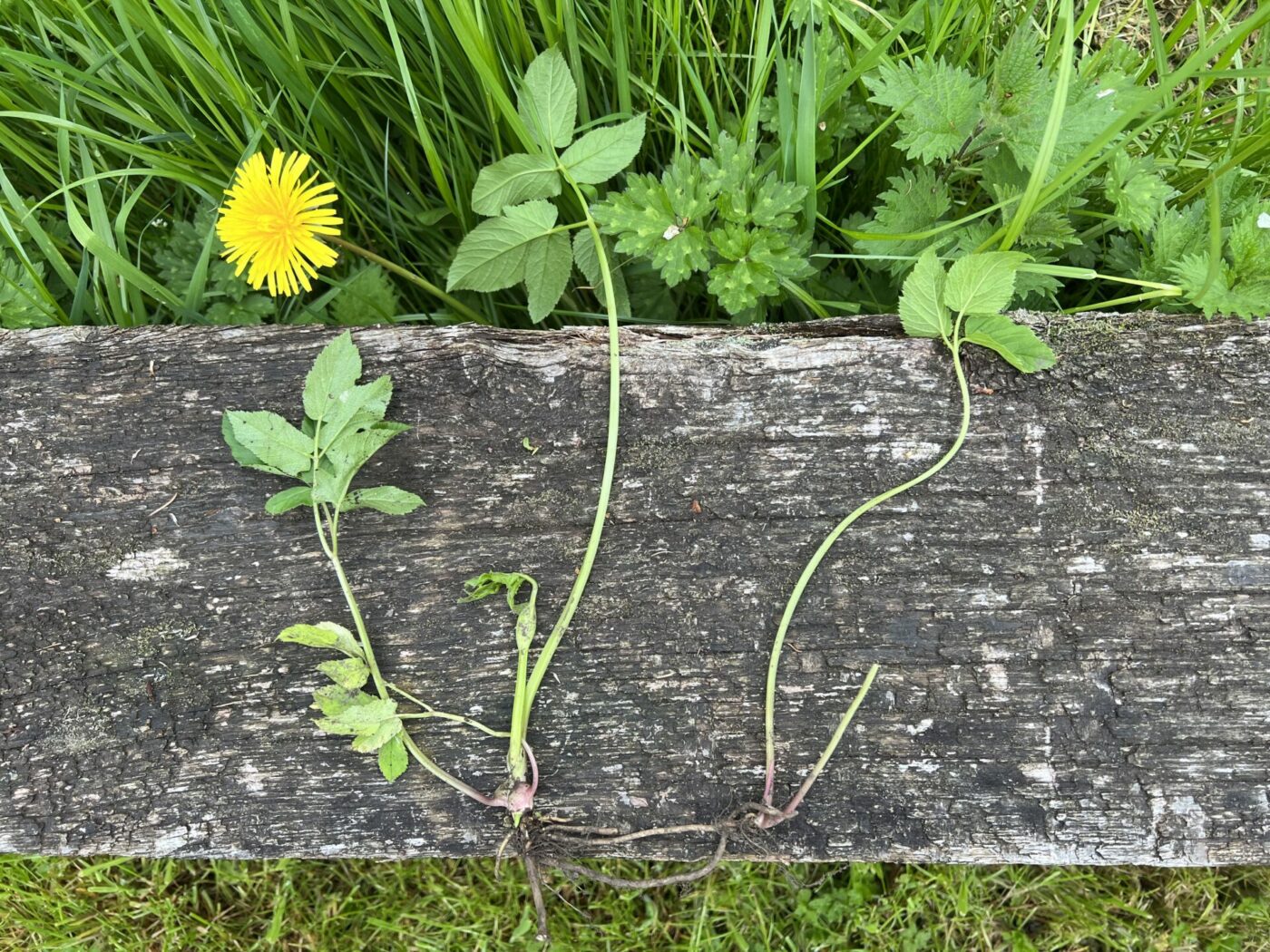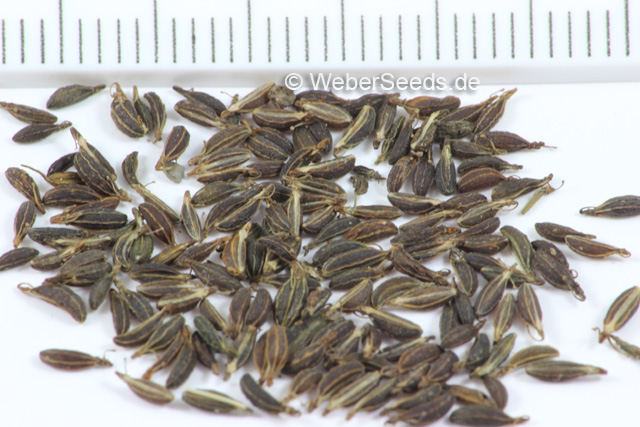Ground Elder: The Weed That Won't Quit
Ground elder, also known as bishop's weed, goutweed, or alehoof, is a perennial weed that is native to Europe and Asia. It is a member of the carrot family and is closely related to parsley. Ground elder is a fast-growing plant that can spread by both seed and root. It is a nuisance in gardens because it can quickly outcompete other plants for water, nutrients, and sunlight.
Ground elder is a hardy plant that can survive in a variety of conditions. It is tolerant of shade, drought, and poor soil. This makes it difficult to control, as it can continue to grow even in areas where other plants would struggle.
The leaves of ground elder are dark green and triangular in shape. They are arranged in whorls of three or five. The flowers are small and white and are arranged in umbrella-shaped clusters. Ground elder flowers in the spring and summer.
The roots of ground elder are long and slender. They can grow up to 10 feet long and are difficult to remove completely. This is why ground elder is so difficult to control.
[Main Content]
There are a number of ways to control ground elder. Some of the most common methods include:
- Digging: This is the most effective way to control ground elder, but it can be difficult and time-consuming. It is important to dig up as much of the root system as possible, as even small pieces left in the ground can regrow.
- Mulching: Mulching around plants with ground elder can help to suppress its growth. The mulch will prevent the weed from getting sunlight and will also help to keep the soil moist.
- Cover cropping: Cover cropping is a method of planting a fast-growing crop that will outcompete ground elder for water, nutrients, and sunlight. Once the cover crop has matured, it can be tilled under or mowed down.
- Weed killers: There are a number of weed killers that can be used to control ground elder. However, it is important to use these products carefully, as they can also harm other plants.
[Conclusion]
Ground elder is a difficult weed to control, but it is not impossible. By using a combination of methods, it is possible to keep this weed under control and prevent it from taking over your garden.
Here are some additional tips for controlling ground elder:
- Be persistent: It may take several seasons to completely control ground elder. Be patient and keep working at it.
- Be thorough: When you are digging up ground elder, make sure to remove as much of the root system as possible.
- Be careful with weed killers: Use weed killers carefully and only when necessary. They can harm other plants and the environment.
Ground elder is a common and invasive weed that can be difficult to control. If you're struggling to get rid of ground elder in your garden, you may want to visit Garden Wiki. This website has a wealth of information about ground elder, including its identification, biology, and control methods.
The website also includes a forum where you can ask questions and get advice from other gardeners who have experience with ground elder. Whether you're a beginner or a seasoned gardener, Garden Wiki is a valuable resource for anyone who wants to learn more about this pesky weed.
FAQ of ground elder
1. What is ground elder?
Ground elder, also known as goutweed, is a perennial weed that is native to Europe and Asia. It is a member of the carrot family and can grow up to 6 feet tall. Ground elder has large, heart-shaped leaves and white flowers that bloom in the spring.
2. Why is ground elder so difficult to control?
Ground elder is a difficult weed to control because it has a deep, extensive root system. It can also spread quickly by underground runners. Ground elder is also tolerant of a wide range of conditions, including shade, poor soil, and drought.
3. How can I control ground elder?
There are a number of ways to control ground elder, including:
- Hand pulling: This is the most effective way to control ground elder, but it can be time-consuming and difficult.
- Mulching: Mulching around plants with a thick layer of organic matter can help to suppress ground elder growth.
- Solarization: Solarization is a method of killing weeds by exposing them to sunlight and heat.
- Herbicides: There are a number of herbicides that can be used to kill ground elder, but it is important to use them carefully and according to the label instructions.
4. What are the benefits of ground elder?
Ground elder is not a desirable plant in most gardens, but it does have some potential benefits. The leaves and shoots of ground elder can be eaten cooked or raw, and they have a slightly peppery flavor. Ground elder is also a good source of vitamins A and C.
5. How can I prevent ground elder from spreading in my garden?
The best way to prevent ground elder from spreading in your garden is to be proactive. Here are a few tips:
- Remove any ground elder plants as soon as you see them.
- Mulch around plants with a thick layer of organic matter.
- Solarize your garden in the spring or fall.
- Use herbicides sparingly and carefully.





Post a Comment for "Ground Elder: The Weed That Won't Quit"